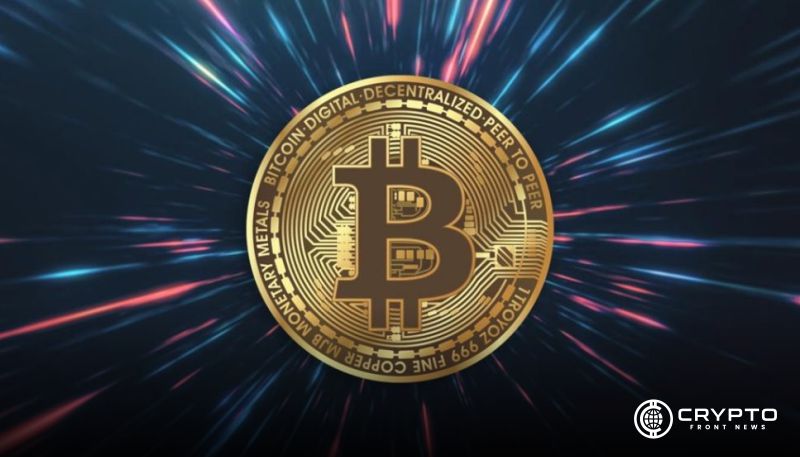- El Salvador reinforces its daily Bitcoin buying strategy, growing its national reserve to over 6,165 BTC despite IMF scrutiny.
- On-chain data confirms steady Bitcoin accumulation by El Salvador, signaling a long-term commitment to crypto-backed reserves.
- Despite IMF loan terms, El Salvador continues BTC purchases, suggesting strategic maneuvering to align with both domestic and global pressures.
El Salvador continues to stack its Bitcoin holdings, and its latest purchase has brought its national treasury to 6,165.18 BTC. Its latest buy of 1 BTC, recorded on May 2, 2025, is testament to the country’s adherence to its “one Bitcoin per day” policy. Its new dashboard on bitcoin.gob.sv, the nation’s official BTC treasury site, reflects this steady increase. This purchase follows pressure from the International Monetary Fund (IMF) to end cryptocurrency operations. The country’s current BTC reserve totals approximately $599.25 million, showing firm allegiance to President Nayib Bukele’s Bitcoin-centric economic policy.
Consistent Accumulation Signals Strategic Intent
Over the past week, El Salvador acquired 8 BTC, translating to a value of $777,592. Moreover, the past 30 days saw a total of 31 BTC added, worth about $3 million. The treasury dashboard displays a stair-step graph pattern, signaling regular and planned BTC purchases. Besides, each upward step correlates directly with individual Bitcoin transactions, confirming methodical acquisition. The most recent transaction occurred at 1:37 AM on May 2 and added exactly 1.00000000 BTC to the balance.
Furthermore, Economy Minister María Luisa Hayem reaffirmed the government’s commitment to accumulating Bitcoin. In a recent Bloomberg interview, she emphasized that the strategy aligns with long-term national interests. “Bitcoin keeps being an important project,” she stated, directly opposing the IMF’s claims that El Salvador halted BTC buying.
Discrepancy Between IMF Terms and On-Chain Reality
Earlier this year, El Salvador entered a loan agreement with the IMF that required scaling back Bitcoin initiatives. Consequently, the government agreed to reduce public BTC purchases, tone down the Chivo wallet, and drop the merchant acceptance mandate. However, on-chain data from Arkham Intelligence contradicts these terms.
Additionally, the ongoing purchases suggest a workaround strategy. The nation may be technically complying with the IMF while still accumulating Bitcoin on revised terms. This discrepancy raises questions about transparency and international policy compliance. Moreover, it highlights the balancing act between domestic economic strategy and external financial obligations.






